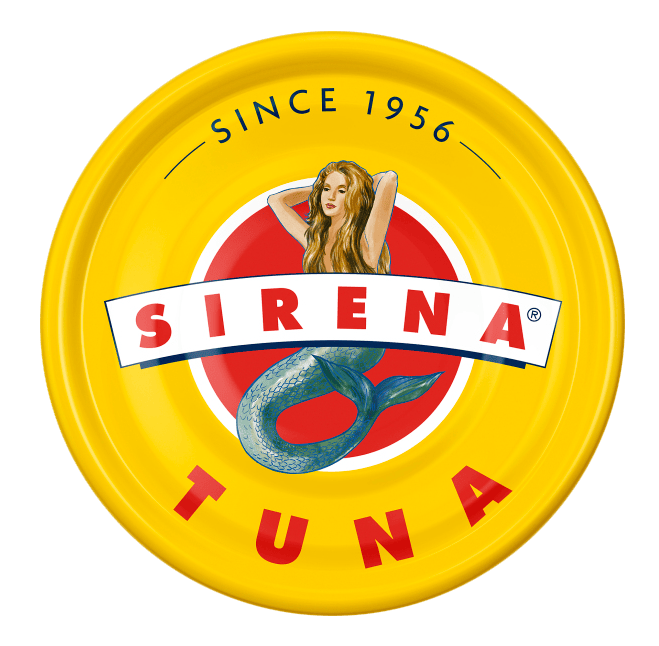Australia’s relationship with food changed forever in the early 1950s when a steady wave of Italian migration brought a love for simple things done well. Longing for a taste of home, these enterprising migrants found ways to bring their much loved flavours to life in the new world.
Passion
1956
That’s how Sirena tuna was born in 1956 – a young migrant family crafted a product that perfectly embodies the fusion of traditional Italian taste with premium produce. Australia quickly embraced Sirena’s rich blend of succulent tuna chunks infused with ingredients. And soon the iconic yellow tin made its way into delis and markets across the country as demand for Sirena steadily grew.
Quality
From the purchase of the largest fishing boat in Australia in 1970, to 100% pole and line fishing across the world today, Sirena has been guided by the same values and passion that started it all. It continues to find sustainable ways to deliver the same honest flavours and signature tuna chunks to its growing national and international markets.
Sirena
This family owned business has proudly stocked pantries for three generations and has made sure that every time customers reach for Sirena they are certain to enjoy a premium product and the authentic taste of Italy.
Sourcing and checks
We now have manufacturing facilities in both Thailand and Indonesia.
To ensure we are able to provide the safest and highest quality standards, all our products are only manufactured at world class production facilities. These facilities are accredited and audited to the ISO and BRC global standard as well as HACCP. Sirena's owners themselves were originally involved in the selection of these facilities, and continue to personally visit and check to this day.
Ingredients
Sirena Tuna is made with only the highest quality ingredients, including our premium oil blends and high specification tuna.
Our commitment to sustainability is paramount to our business: 100% of our tuna is pole and line caught.
Pole and line is the most sustainable catching method presently available and means catching fish by hand, one at a time.
Although the fishing process is labour intensive and expensive, not only do the local fishing communities benefit but the fish is handled more gently and we believe it improves its quality.
We hope you think the extra cost to catch all our fish sustainably is well worth it, we think it is.

